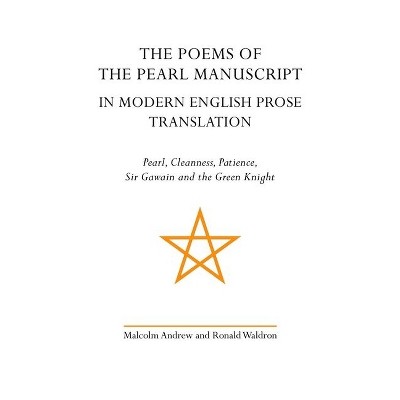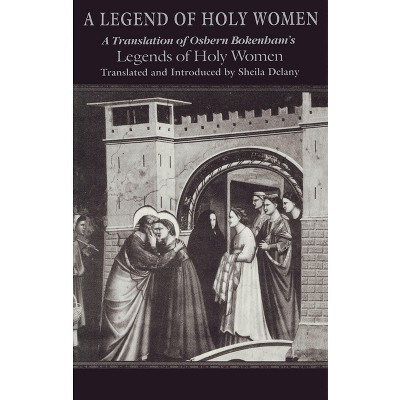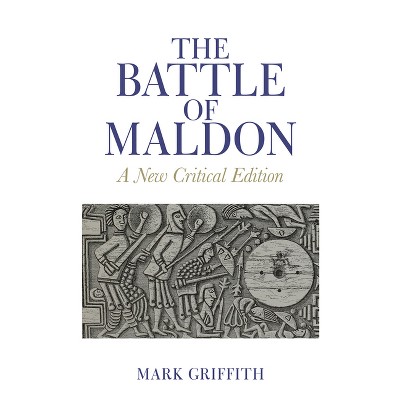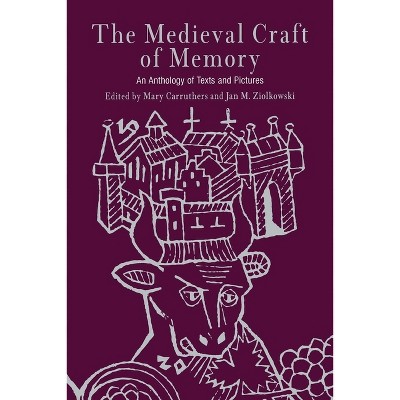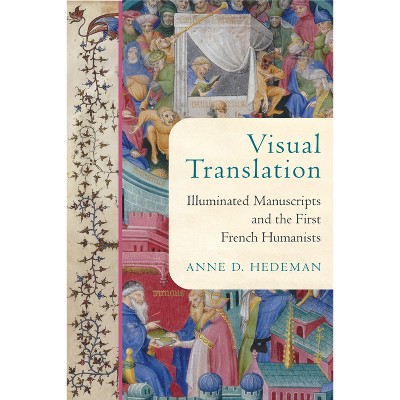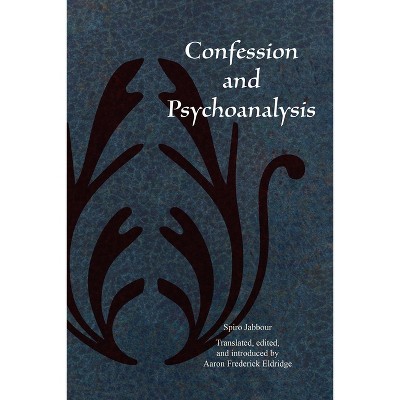Sponsored

Handbook for William - (Medieval Texts in Translation (Paperback)) by Dhuoda (Paperback)
In Stock
Sponsored
About this item
Highlights
- "I send you this little book written down in my name, that you may read it for your education, as a kind of mirror.
- About the Author: ABOUT THE TRANSLATOR: Carol Neel is associate professor of history at Colorado College.
- 163 Pages
- History, Europe
- Series Name: Medieval Texts in Translation (Paperback)
Description
About the Book
In the middle of the 9th century William, the son of the Frankish nobelwoman Dhuoda, was held hostage by Charles the Bald. At the same time, Dhuoda's younger son was missing, lost in war. Dhuoda expressed her concern by writing a guide for her son, urging him to live a life of moral, religious and military responsibility.Book Synopsis
"I send you this little book written down in my name, that you may read it for your education, as a kind of mirror."
So wrote the Frankish noblewoman Dhuoda to her young son William in the middle of the ninth century. Intended as a guide to right conduct, the book was to be shared in time with William's younger brother. Dhuoda's situation was poignant. Her husband, Bernard, the count of Septimania, was away and she was separated from her children. William was by Charles the Bald as a guarantee of his father's loyalty, and the younger son's whereabouts were unknown. As war raged in the crumbling Carolingian Empire, the grieving mother, fearing for the spiritual and physical welfare of her absent sons, began in 841 to write her loving counsel in a handbook. Two years later she sent it to William.
Handbook for William memorably expresses Dhuoda's maternal feelings, religious fervor, and learning. In teaching her children how they might flourish in God's eyes, as well as humanity's, Dhuoda reveals the authority of Carolingian women in aristocratic households. She dwells on family relations, social order, the connection between religious and military responsibility, and, always, the central place of Christian devotion in a noble life.
One of the few surviving texts written by a woman in the Middle Ages, Dhuoda's Liber manualis was available in only two faulty Latin manuscripts until a third, superior one was discovered in the 1950s. This English translation is based on the 1975 critical edition and French translation by Pierre Riché. Now available for the first time in paperback, it includes an afterword written by Carol Neel that takes into account recent scholarship and the 1991 revised edition of Riché's text.
Review Quotes
"Makes Dhuoda's work accessible to students of all levels. Undergraduates in history, women's studies, and theology--as well as educated and interested persons generally--can now enter fully into the mind and world of a Carolingian woman who lived in dramatic times and struggled with painful challenges. . . . As they see Dhuoda plumb the resources of religious and wordly wisdom available to her, they will better understand the worldview that pervaded Carolingian society and, with various permutations, endured for subsequent centuries. Her reflections on worldly status, ruminated against the horizon of eternal realities; her understanding of the moral conflicts inherent in the layers of feudal authority; her concern for justice, mercy, and generosity within a military society--all of this will challenge the facile generalizations about the Middle Ages still too widely held by the general public, and even among scholars."--Speculum
"A handy translation of a work which has come into prominence only recently, not least as a result of feminist approaches. . . . The translation is clearly set out and the notes include biblical references and brief explanations with reference to P. Riche's standard edition."--The Year's Work in Modern Language Studies
"Among the vast body of literature thrown up by the Carolingian Renaissance, few texts have the charm of this book of advice written by a mother to her son in the confused political situation which followed the death of Louis the Pious in 840. . . . Texts written by women are uncommon in this period, as are those by members of the laity; having been written by a laywoman, Dhuoda's Handbook is of outstanding interest in various ways. . . . Neel has done a fine job. . . . The book effectively presents a text which is interesting in many ways, and deserves a wide readership."--Parergon, Journal of the Australian and New Zealand Association for Medieval and Early Modern Studies
"A remarkable, if not absolutely unique example of an early medieval woman's efforts in literary creativity. . . . Neel's first English translation of Dhuoda's Latin has already been confirmed to be concise and adequate. She presents a straightforward text which proves to be clear and understandable and beautifully illustrates the author's original stylistic, rhetorical, and organizational skills in writing her text. . . ."--Mediaevistik
About the Author
ABOUT THE TRANSLATOR:Carol Neel is associate professor of history at Colorado College.
Shipping details
Return details
Trending Non-Fiction






